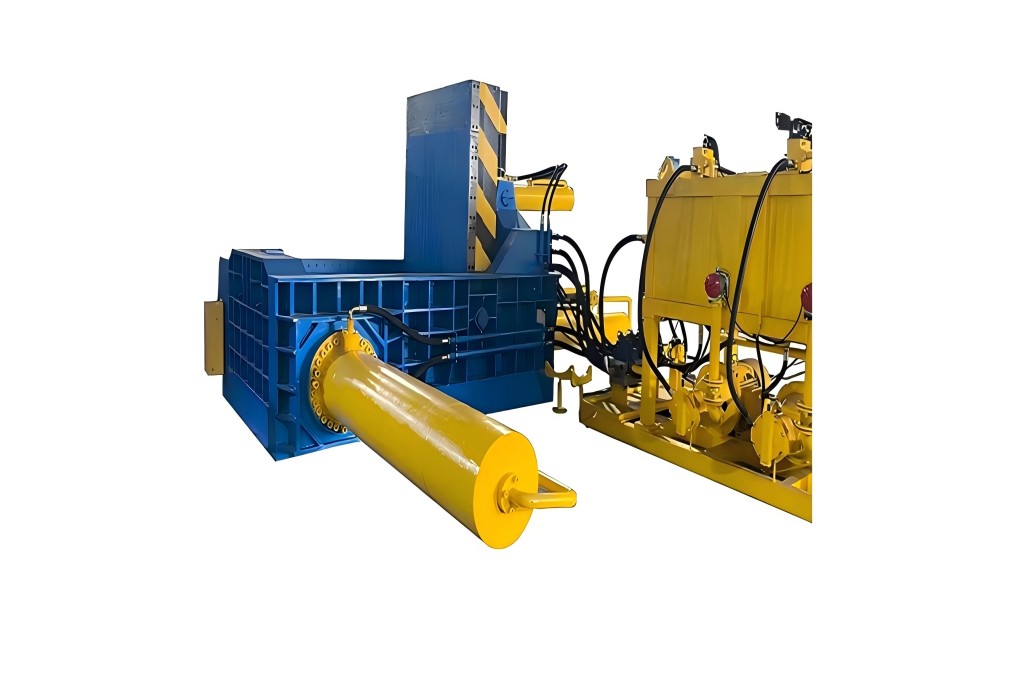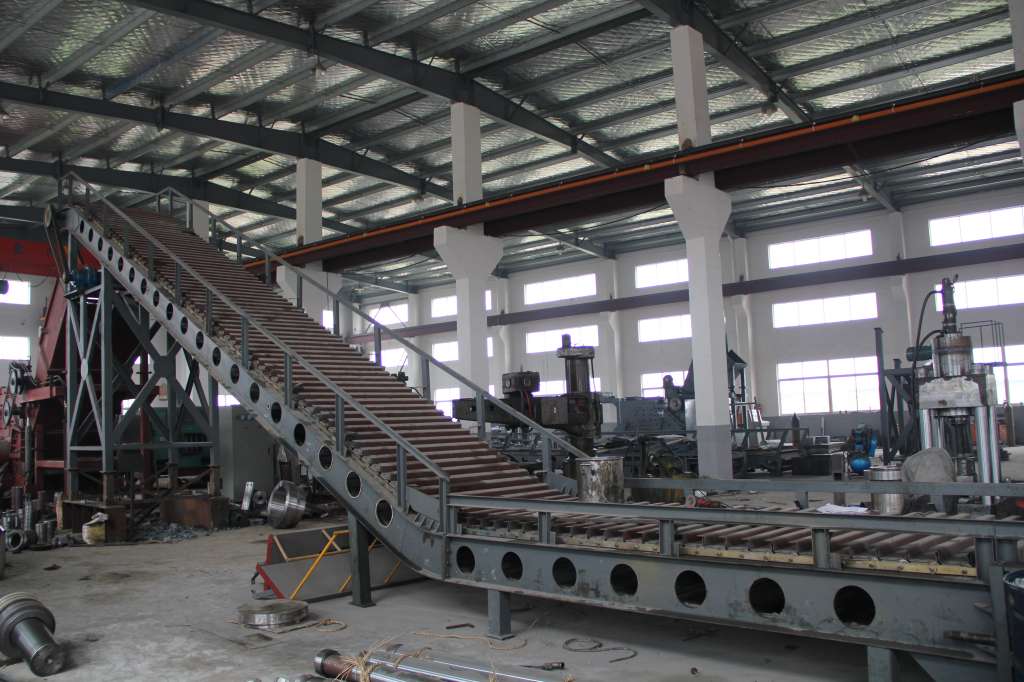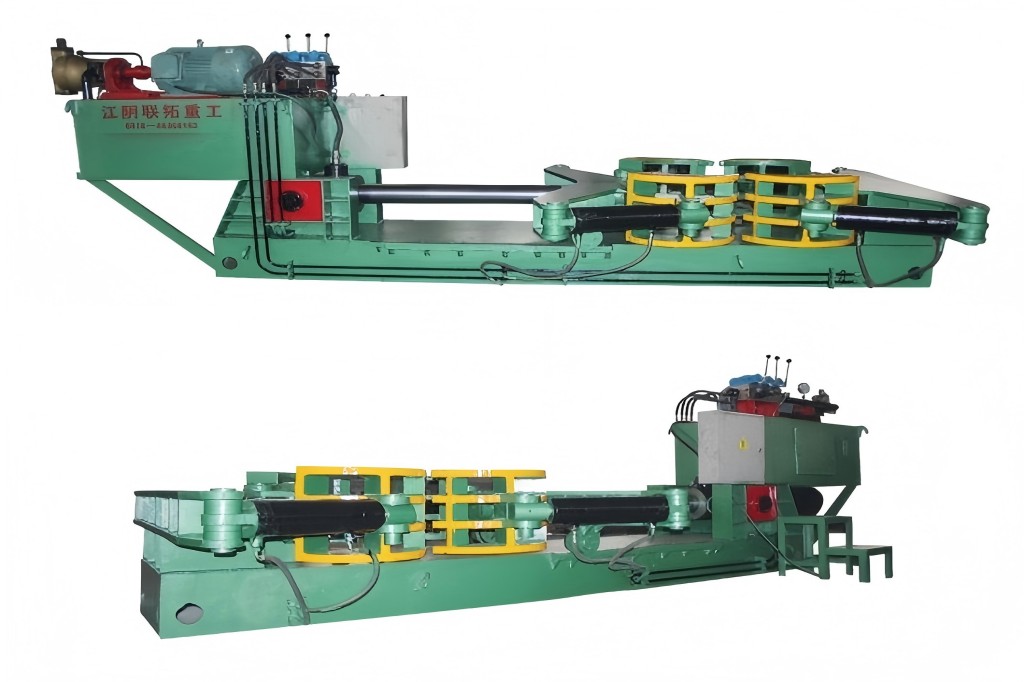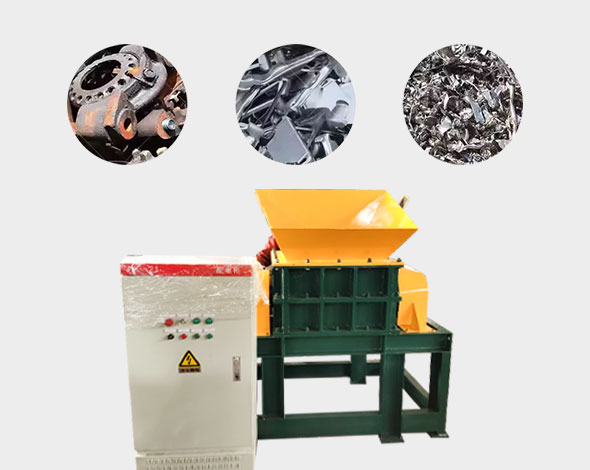Scrap metal balers have become essential tools in the recycling and waste management industries. These machines play a critical role in reducing waste, increasing recycling efficiency, and supporting environmental sustainability by compressing scrap metal into compact, manageable bales that are easier to store, transport, and sell. Balers contribute to optimizing processes and lowering expenses across both small recycling facilities and large industrial scrap yards.
However, like any industrial equipment, they come with their advantages and disadvantages. This article takes a comprehensive look at the pros and cons of scrap metal balers to help businesses make informed decisions when investing in these machines.
What is a Scrap Metal Baler?
Before diving into the benefits and drawbacks, it is essential to understand what a scrap metal baler is. A scrap metal baler is a hydraulic machine that compresses and compacts scrap metal into dense, rectangular bales or blocks. The bales can be formed from various metals, including aluminum, copper, steel, and more. The machine’s goal is to compress scrap metal, reducing its volume to simplify handling, transportation, and storage, while also enhancing its market value.
Balers come in various sizes and configurations, from small, single-ram models for light applications to large, multi-ram systems for heavy-duty industrial operations. These machines vary in their level of automation, with some offering fully automated operation and others requiring manual input.
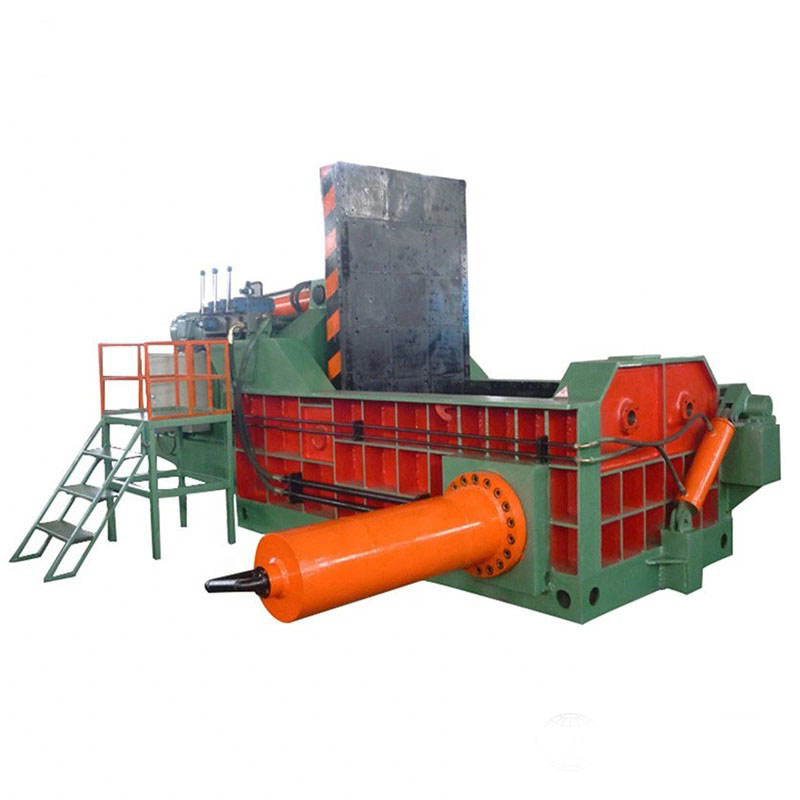
Pros of Scrap Metal Balers
1. Efficient Waste Management
One of the primary benefits of using a scrap metal baler is its ability to reduce the volume of waste. By compacting loose scrap metal into dense bales, companies can greatly decrease the storage space needed. This enhances operational efficiency and also streamlines the handling of large amounts of scrap material. For example, businesses using balers have reported up to a 30% reduction in storage costs and a 20% increase in the value of their scrap metal due to efficient compression and easier transport.
Baling scrap metal allows companies to maximize their available storage space, making it more cost-effective for businesses with limited space. This efficiency also extends to transportation, as compact bales take up less room in trucks, allowing for more material to be transported in a single trip, reducing transportation costs.
2. Increased Scrap Value
Compressed scrap metal bales are more valuable than loose scrap. Scrap dealers and metal recyclers prefer to buy metal in dense, uniform bales because it is easier to process, handle, and transport. Studies have shown that baled scrap metal can sell for up to 20% more than loose scrap. This can result in higher prices for baled scrap compared to loose or unprocessed metal.
Additionally, bales often attract a wider range of buyers, such as steel mills and smelters, who rely on uniformity in their raw materials. The demand for baled scrap can drive a greater return on investment for businesses that invest in balers.
3. Improved Workplace Safety
Loose scrap metal lying around a facility can create hazardous conditions. Workers may trip or injure themselves on sharp edges or protruding pieces of metal. Scrap metal balers help improve workplace safety by keeping metal organized and compact. The bales are simple to stack, store, and transport, which lowers the risk of accidents. For companies with safety compliance requirements, using a baler can also help meet workplace safety standards and reduce insurance costs.
Additionally, modern balers often come equipped with safety features, such as emergency stop buttons and protective enclosures, ensuring that workers remain safe during the operation of the machinery.
4. Environmental Benefits
Scrap metal balers contribute to more sustainable business practices. Businesses can cut down on waste going to landfills by compacting scrap metal for recycling. Recycling metals lessens the need for extraction and mining, preserving natural resources like copper, bauxite, and iron ore. Recycling metal also lessens the demand for mining and the exploitation of raw materials, conserving natural resources.
Balers also help reduce a company’s carbon footprint by minimizing transportation requirements. Fewer trips are needed to transport the same amount of material, leading to lower fuel consumption and greenhouse gas emissions.
Cons of Scrap Metal Balers
1. High Initial Investment
One of the main drawbacks of scrap metal balers is their high initial cost. Balers can be costly to buy and install, especially industrial-grade units. Small-scale balers may start at around $20,000, while large, fully automated models can exceed $200,000. While small businesses may find it difficult to justify this upfront investment, larger operations often benefit from the long-term cost savings associated with baling scrap metal.
In addition to the purchase price, companies must also account for installation, maintenance, and repair costs over the lifetime of the machine.These expenses may add up, particularly if the baler is large and complex.
2. Maintenance and Repair Requirements
Like any industrial machinery, scrap metal balers require regular maintenance to ensure optimal performance. Hydraulic systems, in particular, can be prone to wear and tear, and components such as rams, seals, and hoses may need to be replaced periodically. If a baler is not properly maintained, it can experience downtime, leading to decreased productivity and potential revenue loss.
In some cases, companies may need to hire specialized technicians to perform repairs or service on the baler, adding to the operational costs. For businesses with limited budgets, the ongoing maintenance requirements of a baler can be a significant concern.
3. Limited Flexibility
While scrap metal balers are highly efficient at compacting metal, they are limited in the types of materials they can process. Some balers are designed specifically for particular metals, and attempting to bale other materials could damage the machine or reduce its efficiency.
Additionally, scrap balers are not designed for non-metallic materials like plastics, paper, or wood. Companies that handle multiple types of recyclable materials may need to invest in additional equipment to process these other materials, increasing overall costs.
4. Energy Consumption
Scrap metal balers require a significant amount of energy to operate, particularly larger models used in industrial settings. Hydraulic systems, which are essential for the compression process, can consume considerable amounts of electricity or fuel.For businesses seeking to reduce energy consumption, this can be a disadvantage.
Some modern balers, however, are equipped with energy-efficient technologies to reduce consumption. It is crucial for businesses to evaluate the energy requirements of different baler models before making a purchase to ensure they choose an option that aligns with their sustainability goals.
Is a Scrap Metal Baler Suitable for Your Business?
Determining whether to invest in a scrap metal baler hinges on multiple factors. For businesses that handle large volumes of scrap metal, the benefits of increased scrap value, improved efficiency, and enhanced safety can make balers an excellent investment. However, for smaller operations, the high upfront cost, ongoing maintenance requirements, and limited flexibility may outweigh these advantages.
Conclusion
Businesses considering a scrap metal baler should weigh their operational needs and available budget. Factors like the volume of scrap, type of metals processed, and energy efficiency should guide the decision.
Partnering with an experienced recycling equipment manufacturer can help ensure the right baler is selected to deliver long-term value and sustainability benefits. With the right machine, a scrap metal baler can provide lasting value, enhance workplace safety, and support more sustainable business practices.

